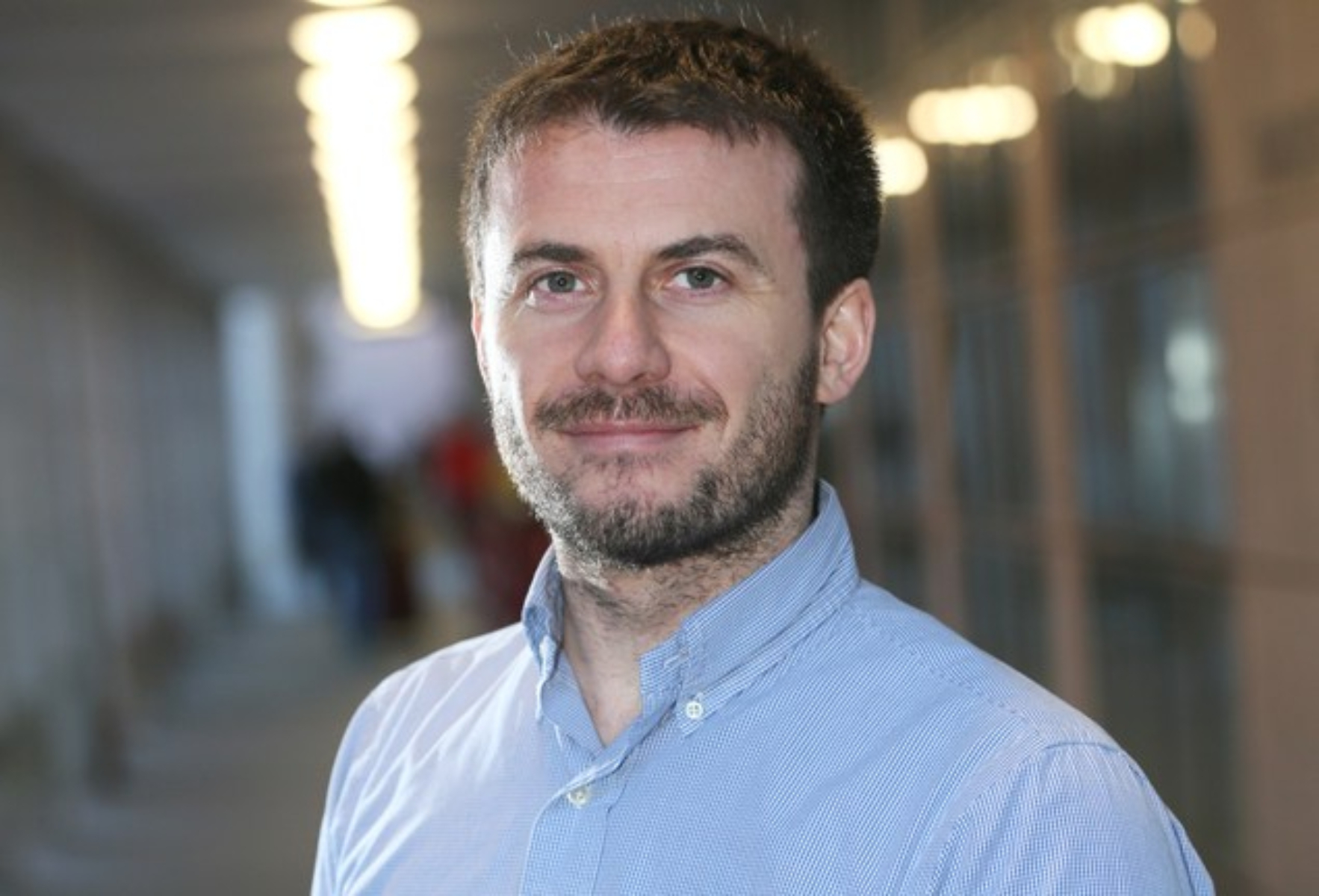Geneticists Pinpoint How Mutation Causes Devastating Childhood Cancer

Geneticists from Trinity have discovered how a specific genetic mutation causes a devastating, incurable childhood cancer, known as diffuse midline glioma (DMG), and – in lab studies working with model cell types – successfully reversed its effects to slow cancer cell growth with a targeted drug.
Their landmark work, just published in leading international journal, \’Nature Genetics\’, and supported by Worldwide Cancer Research and The Brain Tumour Charity – translates crucial new understanding of the genetics of DMG progression into a highly promising, targeted therapeutic approach and offers significant hope of improved treatments in the future.
The scientists now call for clinical trials to begin imminently, in which an already approved class of drugs called “EZH2 inhibitors” can be assessed. These drugs target the same key biological pathway involved in DMG as they do successfully in lymphomas and sarcomas — two cancers common in adults.
Adrian Bracken, Professor in Trinity’s School of Genetics and Microbiology, led the exciting research and said, “we’ve taken a huge step forward in our study of DMG tumours and hope that the insights will help us design and implement precision oncology-based treatment approaches in DMG patients in the future.\”
\”Crucially, ‘EZH2 inhibitor’ drugs have already received approval from the United States Food and Drug Administration for the treatment of two types of adult cancer. We propose these drugs could be impactful for children with DMG and, as a result, call for clinical trials to begin next.\”
“Ultimately, we hope that our work – together with that of others focused in this area – will lead to curative clinical approaches for what is a truly terrible disease that can devastate families and for which there are currently no therapeutic options.”
Paediatric gliomas like DMG are among the most devastating of childhood cancers. Tumours typically arise in the brain and are very challenging to treat, with prognosis extremely poor. As such, effective therapeutic options are urgently needed.
Dr Jane Pears, paediatric consultant oncologist at Our Lady’s Children’s Hospital, Crumlin, who treats children with this disease, said, “despite combined best efforts, these tumours remain a devastating diagnosis for children and their families. The best treatment we can currently offer may extend survival for a few months but is not curative.\”
“We are now entering an exciting era of expansion of our knowledge of this disease at a molecular level, which in turn will lead us towards more targeted treatments. Thanks to collaborative translational efforts between scientists, such as Prof. Bracken and his team working in the laboratory, and doctors in the clinical setting, this will hopefully lead to the improved outcomes that we all so dearly wish to see”.
Speaking to the importance of the work, Maeve Lowery, Professor of Translational Cancer Medicine at Trinity, and Academic Director of the Trinity St James’s Cancer Institute (TSJCI) said, \”these findings have the potential to transform the treatment landscape of DMG tumours and improve outcomes for children with this challenging disease.\”
\”Importantly, this pivotal work illustrates the success of a precision oncology approach – where understanding how cancers develop on a genomic level can accelerate the development of more effective treatments with less side effects. The Precision Oncology Research Program at TSJCI, led by Prof Bracken, will build on this success to continue to develop new and innovative treatment strategies for adult and childhood cancers.”
Dr Becky Birch, Head of Research at The Brain Tumour Charity, which helped fund the study, said, \”this is a really promising discovery that we hope will now pave the way for new and targeted treatments to be developed for children with diffuse midline gliomas (DMGs). With average survival still heartbreakingly short at less than 12 months, we urgently need to find new options to help slow the growth of this rare and often-inoperable cancer and give children diagnosed more time to live.
“It’s really exciting that we now better understand how a specific genetic mutation may be driving the disease, and even more so that drugs that may inhibit this process have already been tested in other cancers. If further research can now design EZH2 inhibitors to more effectively target DMG cells, we hope these drugs can be quickly advanced into clinical trials for children diagnosed with this devastating disease.”
Source: Trinity College Dublin
You might also like
For relevant updates on Emergency Services news and events, subscribe to EmergencyServices.ie









